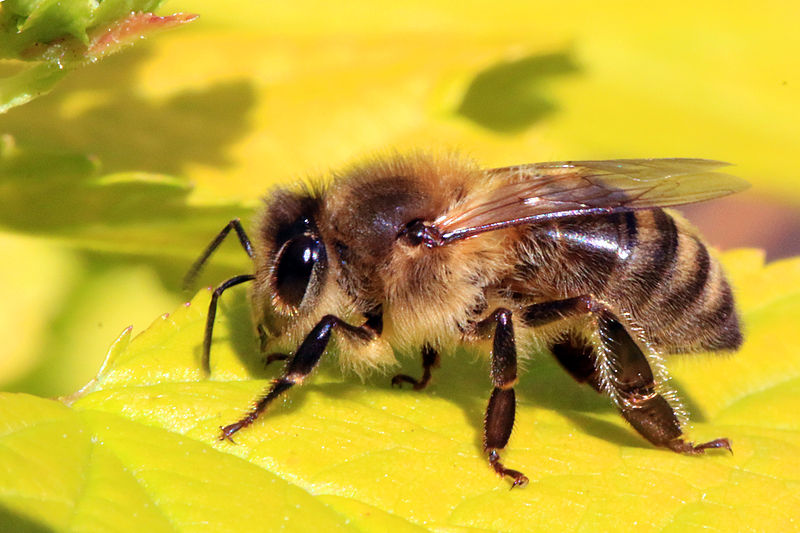
Despite facing high annual losses, Switzerland has seen a rise in the number of bee colonies over the past decade, according to new statistics. However, this increase in bee populations is
juxtaposed with a decline in the number of beekeepers tending to them.
Published on Thursday by Agroscope, the Swiss center for agricultural research in Liebefeld, canton Bern, the 2022 ‘Beekeeping in Switzerland’ report reveals a positive trend in bee colony numbers. After hitting a low point in the 1990s, bee populations have rebounded, with over 183,000 colonies recorded in 2022 compared to 165,000 in 2014. Additionally, colony density has recovered, with 4.4 colonies per square kilometer in 2022, slightly exceeding the European Union average of 4.2.
This increase in bee colonies per beekeeper, rising from 9.4 in 2014 to 11.1 in 2022, suggests that beekeeping remains a small-scale endeavor. However, despite the growth in bee populations, the number of registered beekeepers has declined over the years, with just under 16,500 beekeepers in Switzerland in 2022.
On the other hand, there has been a significant increase in honey production per colony over the past century, rising from around eight to 20 kilograms per year. Recent years have seen fluctuations in honey yields, with 2021 recording the lowest harvest at 7.1 kilograms, while 2020 and 2022 saw above-average yields at 29.9 kilograms and 23.9 kilograms, respectively.
Factors such as the expansion of migratory beekeeping, cultivation of rapeseed, and the increase in ecological compensation areas have contributed to the positive impact on honey yields. However, beekeepers remain concerned about rising winter losses of bees since the 2000s, with losses often exceeding 10% in Switzerland over the past 15 years, a threshold rarely reached in the 20th century. Photo by Charles J. Sharp, Wikimedia commons.



































